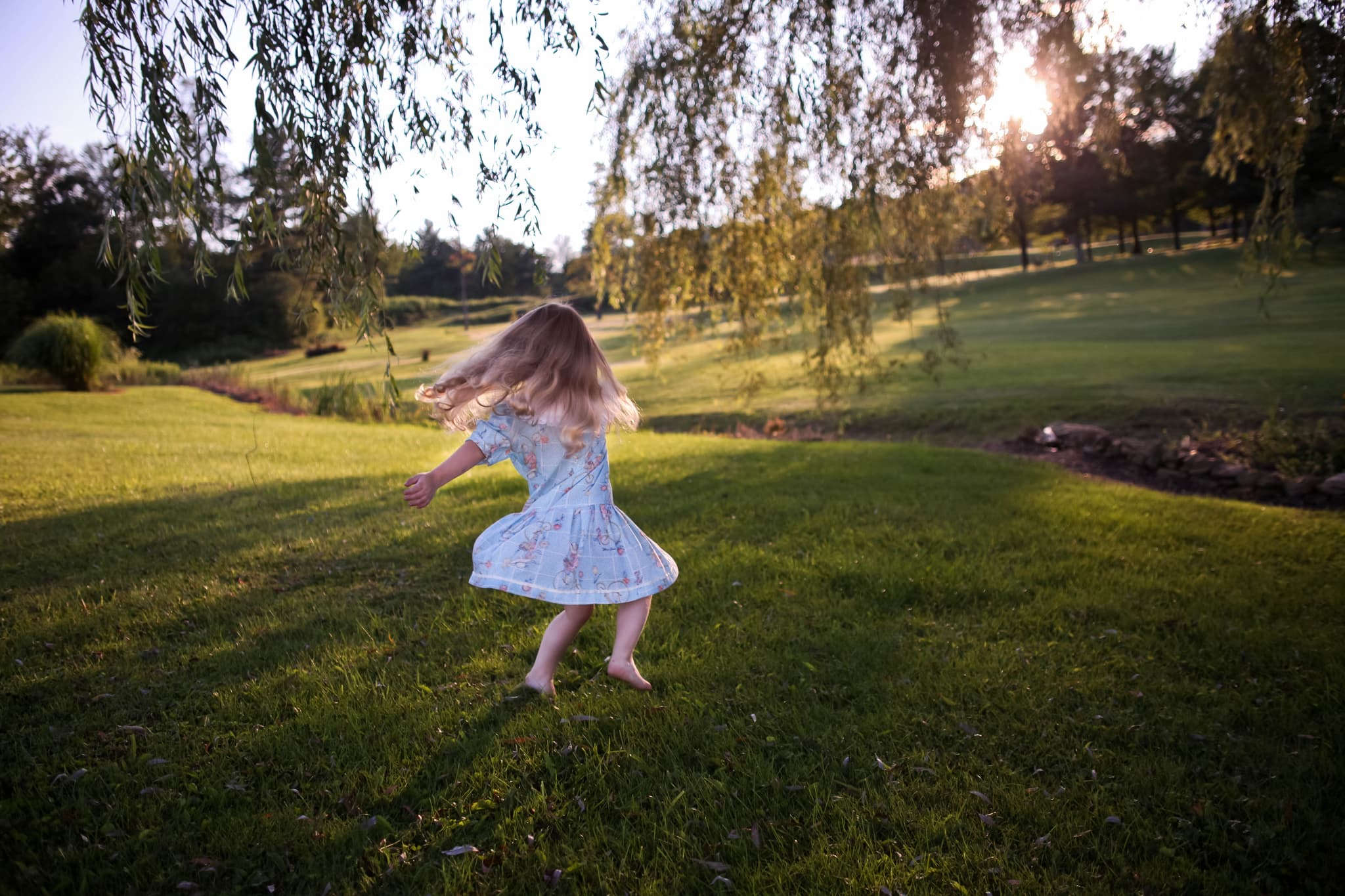Advocacy
UN Committee meets, launches refreshed child friendly convention

Freya Lucas
Sep 18, 2019
Save
The UN Convention on the Rights of the Child is a document which is familiar to the early childhood education and care (ECEC) sector in Australia. As a formative and underpinning document of the Early Years Learning Framework (EYLF) , the Convention sets out the civil, political, economic, social, health and cultural rights of children.
Nations that ratify the Convention, including Australia, are bound by International law to uphold it. Compliance is monitored by the UN Committee on the Rights of the Child, which is composed of members from countries around the world. Once a year, the Committee submits a report to the Third Committee of the United Nations General Assembly, which also hears a statement from the CRC Chair, and the Assembly adopts a Resolution on the Rights of the Child.The Committee on the Rights of the Child recently commemorated the thirtieth anniversary of the Convention by organising an event called: “30 Years of Children’s Rights: Where We Are and Where We Want to Be”.
Two panel discussions were held as part of the event, with child activists playing a major role in sharing the perspectives of children around the world.
The first panel discussion, titled “30 Years of the Convention”, analysed the last three decades with regards to the history of the Convention. Alongside a prestigious panel composed of global representatives from various agencies and Government departments were child reporters, Sophia and Keren, both from Switzerland.
The second panel discussion was titled “Current State of Play and Vision for the Rights of the Child”. Four Committee Experts were paired with four child advisers, and each duo discussed one of the following issues: child participation and children as human rights defenders; children’s rights in relation to the digital environment; child justice; and climate crisis and the environment.
The child activists involved made several thoughtful and considered contributions throughout the proceedings, which The Sector have shared below to promote conversation and reflection, and for those within the ECEC sector to consider how the Rights of the Child are promoted in their context.
Serena, a child activist from the United Kingdom, said the Convention was “a rare example of how the older generation was protecting the rights of children”. The world, she said, was “a frantic and chaotic place”. Adults could fix it, but chose to prioritise other things, ignoring the best interest of the child.
The language with which adults talked about children was the language of dismissal.Zcyrel, child adviser from the Philippines, said that half of the person she was today was her experience as a child leader, and half of her values, were a result of the possibility to participate. Children, she said, must have the support of all those who valued the right of children to participate and all those who recognised in today’s children tomorrow’s leaders.
One child representative, unnamed in the transcript, called for more meaningful participation of children, remarking that “You don’t need to be the voice for the voiceless when you can just pass the mic”. What children had to say was just as important and just as relevant as what adults were saying, she added.
Alongside the panel discussions, during the event, the Committee launched a child-friendly version of the Convention. Pledges made by States and individuals were also made public.
Don’t miss a thing
Related Articles



















